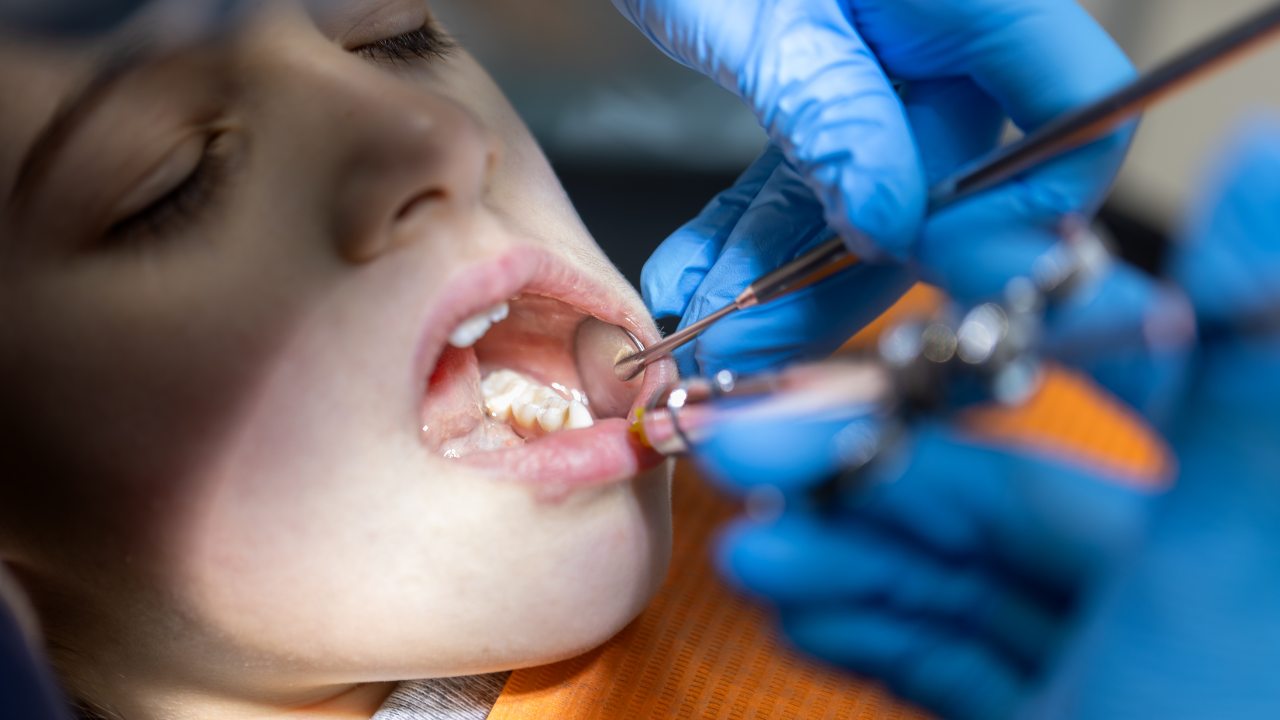When a dental abscess gets painful, relief should be considered a priority. This is why dental abscess drainage is typically the first step, as it helps to reduce swelling, alleviate pain, and clear the infection. However, the issue is not resolved solely by drainage. The next step is to decide whether to save the tooth using a root canal or extract it.
When seeking family dental care in Monroe, NC, being aware of these options can alleviate any concerns and help you feel comfortable with the treatment your dentist prescribes.
Why Drainage Alone Isn’t Enough
Drainage alleviates the symptoms of infection at the time, but it does not treat the underlying cause, which is a damaged or infected tooth. In the absence of additional therapy, bacteria may re-infect rapidly, causing reinfection or even transmission to adjacent teeth and tissues.
And that is why doctors at Monroe Family Dentistry stress the necessity of follow-up treatment, whether it involves saving the tooth or extracting it safely.
Factors Dentists Consider After Drainage
Each case and tooth is different. These are the primary reasons your dentist considers when he/she suggests a root canal or extraction:
The Extent of Tooth Damage
- A root canal may be used to salvage the tooth when the tooth structure is strong and restorable.
- If it is heavily cracked or deteriorated to the point of being irreparable, it may be better to extract it.
Health of the Tooth Roots
- A root canal works if the roots are intact and healthy.
- Severe root damage typically necessitates extraction.
Gum and Bone Health
- Strong gum and bone support often allow the tooth to be preserved.
- Advanced bone loss may leave extraction as the only viable choice.
Location of the Tooth
- Front teeth are more visible and vital for appearance, so dentists often try to save them.
- Molars, which bear more chewing force, may require extraction if too compromised.
Patient’s Overall Oral Health and Preferences
- Long-term outlook, financial considerations, and the willingness to attend follow-up visits also influence the decision.
When a Root Canal Is the Best Choice
A root canal is generally the preferred solution when the tooth can be saved. The benefits include:
- Preserving your natural tooth.
- Maintaining normal bite and chewing function.
- Avoiding the need for replacement solutions.
When Extraction May Be Recommended
Sometimes, despite best efforts, a tooth simply cannot be saved. Extraction may be necessary if:
- The tooth is too damaged to restore.
- The infection has spread beyond repair.
- The tooth is structurally weak and may cause future complications.
Replacement Options After Extraction
If extraction is chosen, it’s important not to leave a gap behind. Missing teeth can lead to shifting, bite changes, and jawbone loss. Common replacement options include:
- Dental implants – the most natural, long-term solution.
- Bridges – supported by neighboring teeth.
- Partial dentures – removable replacements for multiple missing teeth.
Your dentist will recommend the solution that best fits your health, lifestyle, and budget.
The Importance of Timely Dental Care
The last thing you want to do is procrastinate when it comes to swelling or extreme tooth pain. Early treatment prevents complications and, in most cases, saves more of your natural tooth structure.
In case you are not sure whether you will need a root canal or an extraction after the dental abscess drainage, the best action to take is to book an appointment with Monroe Family Dentistry. Our compassionate staff offers personalized care and will direct you to the safest and most effective option.
Conclusion
Root canal or extraction is not a blanket answer. It all depends on the level of damage, your tooth root condition, the bone support, and your own personal needs. Either way, the prompt treatment of the infection is what will safeguard your health and your smile.
Contact Monroe Family Dentistry now to discover quality dental care in Monroe, NC, and take the first step toward lasting relief.
Request An Appointment






